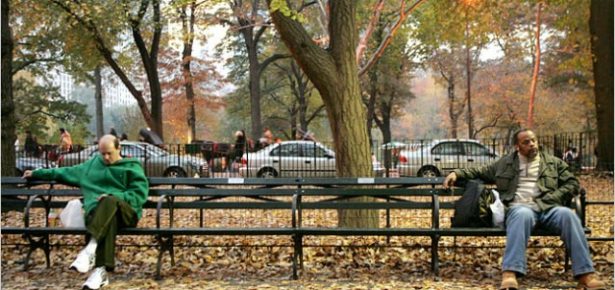
Permit as a speech act addresses a future action to be undertaken by the addressee in his own interests, which almost always appears to concur with a Request for a Permit. In the context of social distancing, we often receive Requests for a Permit, such as when tactful others ask for our permission to venture into our own COVID-19 safety zone on the beach or in public transport. While receiving such Requests is better than others intruding into our space, the Requests may as well put ourselves in an awkward position because it is very difficult not to give Permit for something that would not even need to be permitted in normal times. The most pragmatically successful way out of such an awkward situation – provided that we do not want to give the permission and take the risk that the other gets close to us – is to relinquish our own right. For instance, a beautiful excuse helping us out from such situations is the “I am already leaving/getting off” one. While this excuse may trigger tension if it is too obvious that we were not about to leave, it is a way better than simply denying to provide the Permit.
Another important use of Permit in social distancing involves cases when Permit is used to initiate an interaction. Here, a permitting utterance would count as a speech act of Suggest packaged as Permit. For instance, displaying the written message “We warmly welcome customers wearing masks to enter these premises” on a shop’s door may be more successful than messages prohibiting people without masks to enter the shop.
The Research featured in the blog was supported by the Hungarian Academy of Sciences’ Momentum Grant (LP2017/5)
Latest Comments
Have your say!